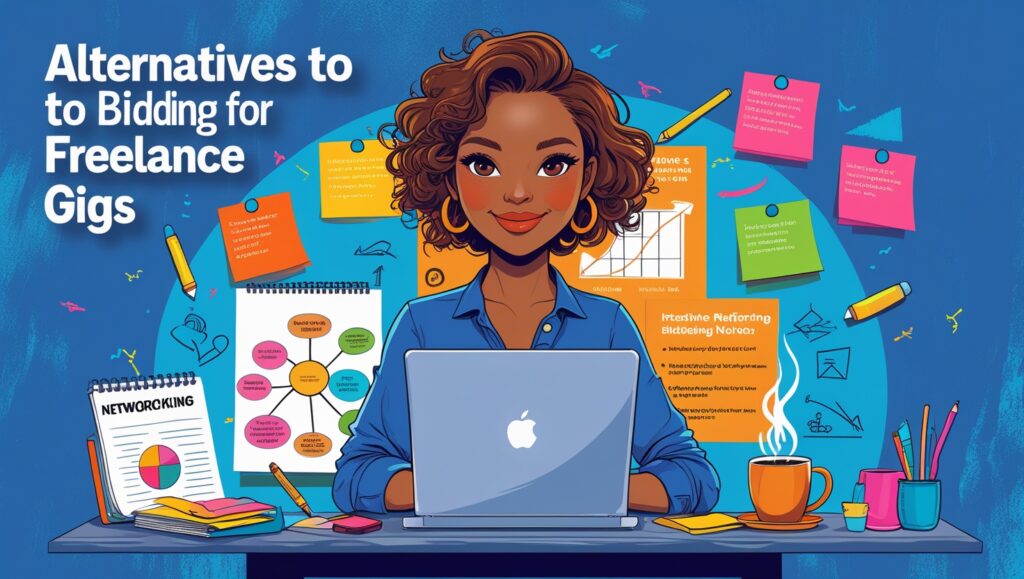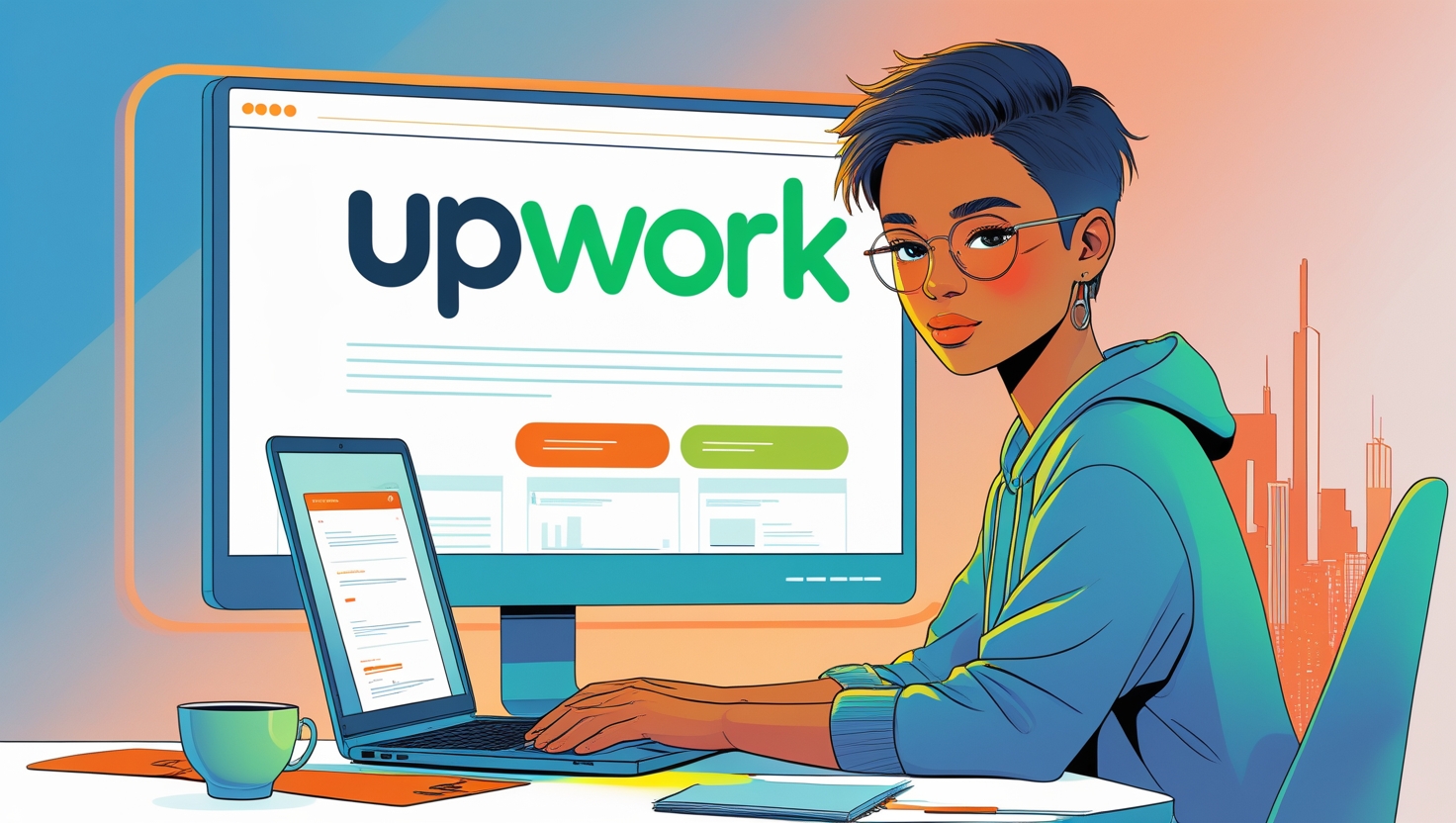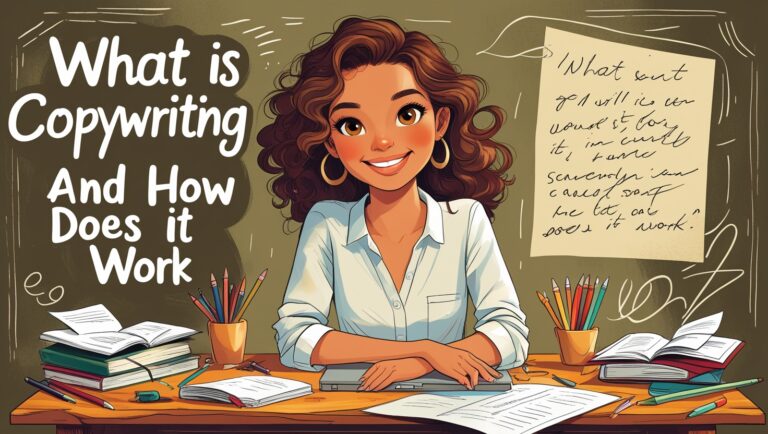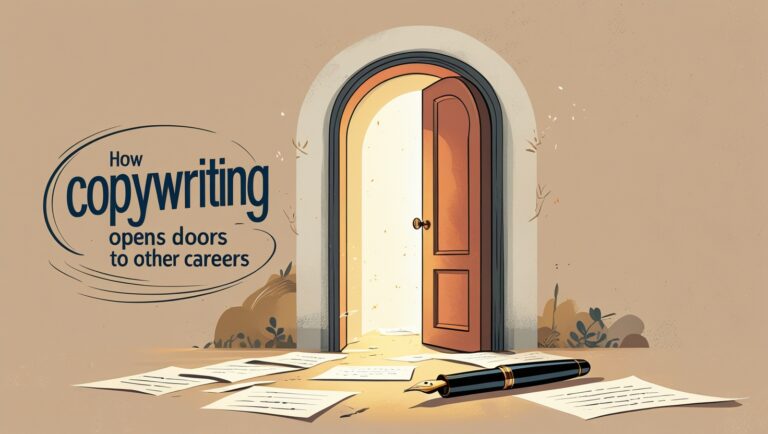Do You Need to Bid for Work on Sites Like Upwork?
Are you wondering whether you truly need to bid for work on freelancing platforms such as Upwork? Many freelancers feel uncertain about how much time and energy they should devote to placing proposals. In this article, you will learn about the ins and outs of bidding, including how it influences your chances of winning new projects, as well as alternative ways to attract clients.
Whether you are an experienced freelancer or just stepping into the gig economy, understanding the bidding process is critical. By the end of this guide, you will be equipped with strategies to make every proposal count—or discover if you even need to bid at all.
Why “Bidding” Matters in the Freelance World
Bidding has become nearly synonymous with the online freelance experience. However, not everyone understands why these platforms require freelancers to submit proposals in the first place.
The Core Purpose of Bidding
Freelancing platforms like Upwork, Fiverr, and Freelancer.com serve as vast marketplaces. Potential clients list projects, and you, as the freelancer, have the option to “pitch” your services by submitting a proposal. This process does several important things:
- Matches supply with demand: Clients receive proposals from various freelancers, and they can pick the person whose expertise, style, and pricing align best with their needs.
- Levels the playing field: Submitting a bid for work grants newcomers the chance to compete with seasoned pros on an equal footing.
- Encourages specificity: Well-crafted proposals showcase your unique strengths, which helps clients distinguish between generalists and specialists.
The Client’s Perspective
From the client’s point of view, proposals are a quick way to gauge which freelancer might be the best fit. They see your pricing estimate, approach to the job, and any relevant portfolio samples, helping them cut through the noise. Moreover, social proof—such as ratings, reviews, and a strong profile—often plays a big role in how convincing your bid can be.
Clients may also assume that if you are willing to bid, you are serious about landing the job. This can foster a sense of urgency on your end, making you more likely to put time into crafting a thoughtful, targeted proposal. In return, they get high-quality submissions to evaluate.
Pros and Cons of Bidding for Freelance Projects
Before you decide if bidding for work is right for you, consider the major advantages and disadvantages. This will help you assess whether the process aligns with your overall business strategy and personal goals.
Pros of Bidding
- Access to a Large Pool of Opportunities: Bidding sites consolidate projects from around the world. You no longer need to rely solely on personal networking.
- Portfolio Expansion: If you are new or looking to specialize in a niche, bidding can help you quickly gain experience and collect positive reviews.
- Equal Opportunity Environment: These platforms provide new freelancers a chance to compete alongside seasoned professionals. Your proposal can stand out if it highlights unique expertise or a creative solution.
- Automated Payment Protections: Platforms like Upwork often hold funds in escrow, protecting you from payment disputes.
Cons of Bidding
- Time Investment: Crafting a detailed proposal requires effort. If you do not get the job, this can feel like wasted time.
- High Competition: Popular jobs often receive dozens—or even hundreds—of proposals. Standing out can be challenging without a strong profile.
- Platform Fees: Freelance marketplaces charge fees on your earnings, which may reduce your overall take-home pay.
- Price Undercutting: Some freelancers offer extremely low rates, creating downward pricing pressure in certain categories.
It is important to carefully weigh these factors. If you decide to put in the work, the right tactics can help you land quality jobs and build a thriving career, even in a crowded marketplace.
Effective Strategies to Bid for Work Successfully
Many newcomers believe that a few lines about their experience will be enough to secure jobs. This assumption can lead to disappointment. Here are proven ways to make your proposals shine and increase your conversion rate.
1. Personalize Every Proposal
Generic proposals are easy to spot. Clients often skip them without a second thought. Make it a point to address the client by name and reference the specific details in their job listing. Show you have read their requirements thoroughly by:
- Mentioning a unique aspect of their project
- Suggesting improvements or creative angles
- Exhibiting knowledge about the client’s industry
This personalized touch signals that you took the time to understand their needs. Moreover, it sets you apart from freelancers who send bulk, template-based submissions.
2. Focus on the Client’s Pain Points
Clients want to see how you can solve their immediate challenges. Use persuasive language and highlight relevant achievements to show you understand their situation. If you previously tackled similar problems, share a brief example. This demonstrates credibility and helps establish authority.
Where possible, back up your claims with facts or figures. For instance, if you have boosted a client’s conversion rate by 20% in the past, mention it. Subtle social proof like this can dramatically increase your odds of winning the bid.
3. Offer Clear, Action-Oriented Proposals
Break down your solution into actionable steps. Outline the tasks, the timeline, and any specific deliverables. Clients appreciate a clear plan because it helps them visualize what collaborating with you will look like. For instance:
- Analyze the client’s existing content or product
- Develop a customized strategy
- Execute the strategy with clear milestones
This level of detail communicates competence and eliminates any guesswork, making it easier for the client to trust you.
4. Leverage Your Unique Selling Points
Identify what makes your services different from the competition. This could be specialized software knowledge, a distinct creative style, or a rare skill set. If your bid highlights a unique angle, the client is more likely to remember you.
Do not be afraid to emphasize the results you have achieved or the specialized training you possess. Take care, however, not to turn your proposal into a list of “me-focused” attributes. Always tie your unique selling points back to the client’s benefit.
5. Balance Quality and Price
Clients are mindful of their budget, but many value quality over rock-bottom rates. Before you arbitrarily undercut your pricing, remember that a bargain-basement quote can raise red flags about quality. Price your services competitively, but anchor them to the results clients can expect.
Your rate sends a message about your perceived value. A too-low fee may indicate inexperience or a lack of confidence, while a reasonable, well-structured proposal can convey professionalism.
Alternatives to Bidding for Freelance Gigs

While bidding for work can be an effective way to land projects, it is certainly not the only approach. Many successful freelancers rarely rely on bidding platforms once they have established a strong client base. If you have found that competitive bidding is not the best fit, explore these alternatives.
1. Build a Personal Brand
Developing your personal brand can drastically reduce your reliance on marketplaces. Start with a polished website that showcases your portfolio, testimonials, and clear service offerings. Share valuable insights and case studies that position you as an authority in your industry.
Social media platforms like LinkedIn, Twitter, and Instagram can further amplify your reach. Engaging in content creation and authentic interactions with potential clients often generate inbound leads. In this scenario, clients come to you directly instead of asking you to bid.
2. Grow a Referral Network
Word-of-mouth marketing remains a powerful driver of new business. Once you have a few satisfied clients, ask them for referrals. This approach taps into an existing trust network and often leads to easier sales.
By cultivating strong professional relationships, you can gain ongoing referrals without the competition of a bidding environment. Remember to express genuine gratitude to those who refer you. This fosters an ongoing cycle of positive recommendations.
3. Leverage Content Marketing
Positioning yourself as an expert can help clients find you organically. Publish blog posts, guest articles, or even short videos that answer pressing questions in your field. For instance, if you are a copywriter, you could address common mistakes businesses make in their marketing copy.
An optimized content strategy, coupled with the use of targeted keywords, can drive relevant traffic to your site. Over time, this can generate a steady stream of potential clients—no bidding required.
4. Collaborate with Other Freelancers
Forming alliances with fellow freelancers or agencies can open the door to consistent work. For example, a web developer might partner with a copywriter to deliver a full package to clients. You can then share leads, cross-promote each other’s services, and reduce the constant need to submit proposals on bidding platforms.
Is Bidding Right for You? Making an Informed Decision
Determining whether you should continue to bid for work or shift to alternative methods depends on your personal goals, availability, and stage in your freelance career. For some, the convenience of a ready market outweighs the potential drawbacks. For others, building a direct client pipeline is more profitable and sustainable over time.
If you are just starting, bidding can help you:
- Gain experience and build your portfolio
- Understand the common questions and challenges clients face
- Learn which niches or services are in high demand
On the other hand, if you have an established portfolio, you might benefit from focusing on more direct client acquisition methods. A stronger personal brand could lead to higher-paying, higher-quality projects, often with less competition.
Helpful Next Steps
- Assess your current bandwidth. Do you have the time to craft multiple customized proposals per week?
- Evaluate your financial goals. Do the typical rates on Upwork or similar sites meet your expectations?
- Explore niche specialization if you have not already. This approach can help you stand out from the crowd and may reduce your need to bid.
If you would like to explore the importance of specializing in a certain niche, you can learn more here:
Do You Have to Choose a Niche in Copywriting?
A Quick Case Study: From Bidding to Consistent Contracts
A freelance graphic designer, “Lucy,” started on Upwork with no reviews and zero freelance history. She tirelessly bid for work for the first few months, gradually building a reputable profile. By clearly highlighting her unique design aesthetic and delivering top-notch results, she earned five-star feedback from clients.
Once Lucy had a strong track record, her past clients began referring her to others, which reduced her dependence on bidding. Within a year, Lucy established a website and used social media to attract direct clients. Today, she only logs into Upwork to work with repeat clients or to explore interesting projects, allowing her to focus on higher-paying contracts without the stress of daily bidding.
This transition did not happen overnight, but it shows how freelancers can use bidding platforms strategically as a springboard for growth.
Frequently Asked Questions
How often should I bid on projects?
Aim for quality over quantity. It is better to send ten well-researched proposals a week rather than thirty generic ones. Focus on projects that align with your skill set and budget goals.
How can I stand out among dozens of other freelancers?
Customize your proposal, highlight relevant experiences or results, and present a clear project roadmap. Clients often choose the freelancer who best demonstrates an understanding of their needs.
Are paid “connects” or bidding credits worth it?
Paid bidding credits may be necessary on certain platforms. If you have a solid strategy and track record, the investment can pay off. However, blindly purchasing more credits without a strong proposal approach may lead to unnecessary costs.
Conclusion
Ultimately, deciding whether you need to bid for work on sites like Upwork comes down to your goals and current career phase. If you can afford to invest time in crafting top-notch proposals, you can gain invaluable experience and client relationships. Otherwise, building a direct pipeline through personal branding, referrals, and content marketing may be your best path.
Whichever route you choose, remember that freelancing success hinges on delivering exceptional value, cultivating credibility, and maintaining consistent professionalism. If you are ready to take your freelance career to the next level, subscribe to our newsletter or share this article with a friend who could benefit from these insights.
Authoritative External Resource
For additional strategies on winning proposals, visit the Upwork Hiring Headquarters for official tips and guidelines.







2 Comments
Comments are closed.